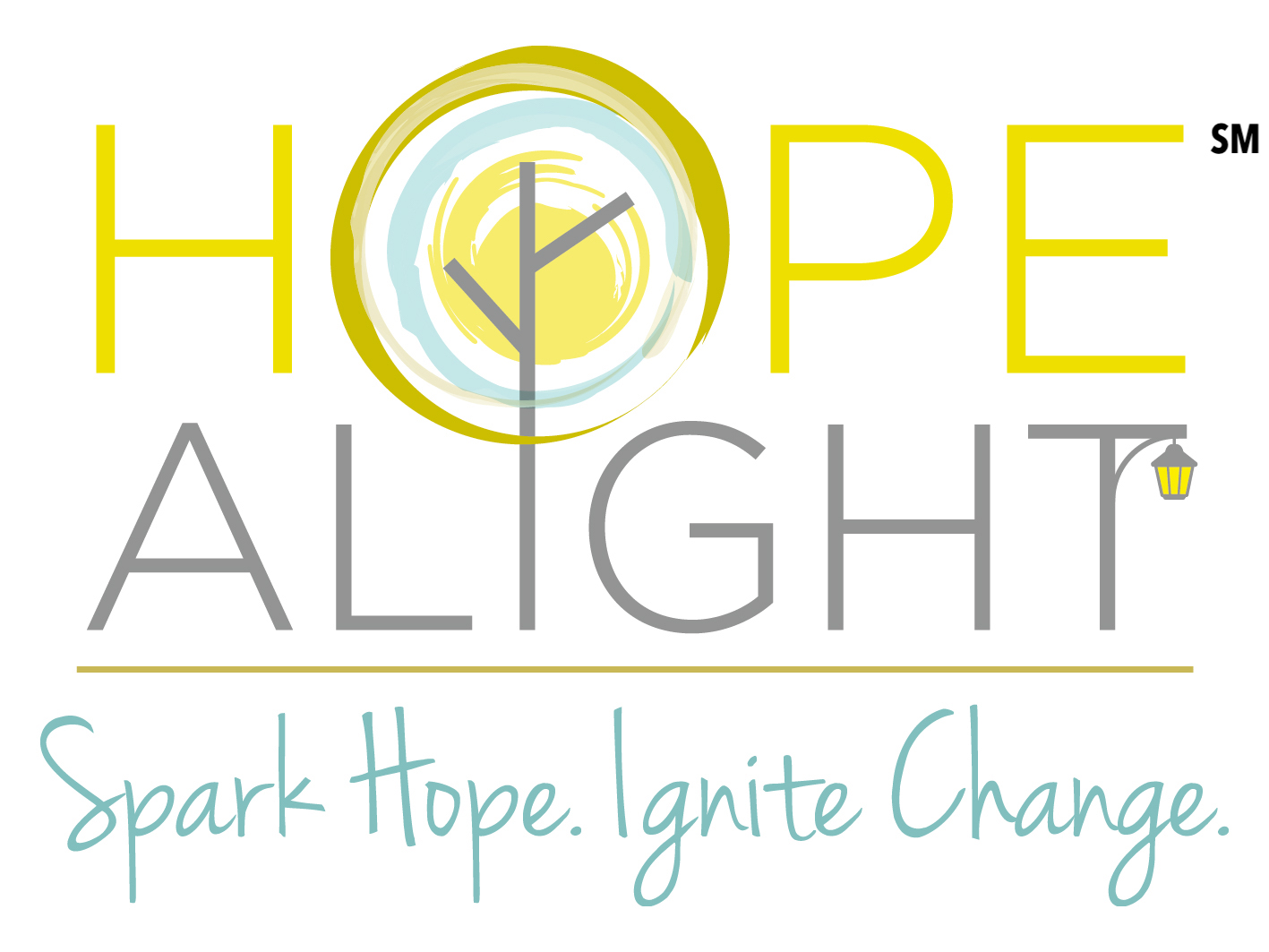Community Agencies | Spark Hope Ignite Change
Due to situations beyond their control, many children are in need of support from various agencies within their communities. Many helping professionals have great passion for serving children in need but find themselves frustrated and exhausted in this line of work. Compassion fatigue is real, and people are looking for more effective ways to bring hope and healing into the lives of these children.
The research we have about trauma's impact on brain development and the practical tools we can use to help hurting children is exciting and encouraging. When helping professionals implement a model that addresses the three pillars of trauma informed care - connection, self-regulation, and felt safety - children can begin to experience dramatic levels of healing. Implementing Trust Based Relational Intervention® will greatly encourage helping professionals in their work in addition to the clients they are striving to serve.
Services
Trust Based Relational Intervention® training and consultation can be completed in a variety ways with numerous types community agencies.
Employee Training
Client Training
Mental Health Providers
Adoption Agencies
Foster Care Agencies
Residential Homes
Juvenile Justice
Court Appointed Special Advocates (CASA)
Mentorship Organizations
Training & Consultation Experiences
Testimonial
Lori Meyers, Juvenile Director, Johnson County Community Corrections
“Over the past 30 years, I have had the opportunity to attend many local, state and national conferences and trainings. Amy Abell is among the best of the best as a presenter and educator. I was introduced to Amy in November of 2017 while planning to bring TBRI to the Johnson County Juvenile Justice system. Amy has taken great care to understand the inner workings of our organization and the needs of the youth and families we serve. Between October 2018 and June 2020, Amy will bring TBRI to all juvenile probation, detention and corrections staff, as well as the Department of Child Services. Amy brings a relatable approach to her trainings and brilliantly models TBRI strategies at each step of her interactions.
One of the training components I have come to most respect is the follow-up consultation opportunities Amy provides. The scheduling of these sessions has allowed us, as individuals and agencies, to ask questions and create implementation plans to assure that the strategies of TBRI are followed with integrity. Amy’s approach along with TBRI strategies has unlocked the tools we had been missing in our work with delinquent youth. Even more powerful is her ability to help providers identify their own approach to working with children from hard places.
Amy’s passion for this work is contagious, and I am honored to continue working alongside her as she brings her expert knowledge and personal life story to this community. I have the highest regard for Amy and TBRI and recommend it to any and all persons working with youth who have experienced early childhood trauma of any type.”









![casa_h_franklin_IN_redblue_RGB[Converted].JPG](https://images.squarespace-cdn.com/content/v1/591f56013e00be4cc8d51e23/1541185500161-K1A8B69ZJTKXUBMO6LCR/casa_h_franklin_IN_redblue_RGB%5BConverted%5D.JPG)





